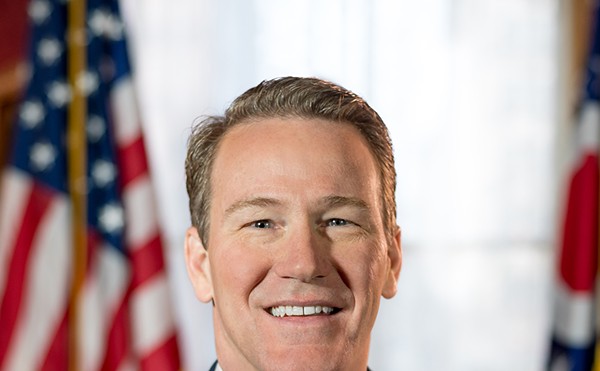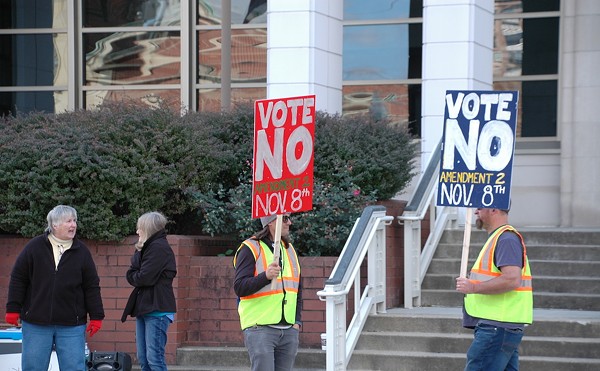|
If you have a choice for judge of Hamilton County Municipal Court on Tuesday, credit Bill Mallory of the West End, former majority leader of the Ohio House.
Ten years ago, Mallory's civil rights lawsuit changed the way we elect municipal judges, setting up districts to improve the possibility for African Americans to take the bench. The change worked. Today, of 14 municipal judges in Hamilton County, four are black.
But diversity doesn't stop there. Five of the 14 judges are women and five are Democrats.
Too many races still go untested. This year, for example, voters will elect judges in districts 1 through 7, but in three of them only a single candidate is on the ballot.
Even so, the impact of increased competition for races long dominated by white male Republicans is now showing itself in actual debate about the judiciary. Witness the race in District 3, where defense attorney Edward J. Felson challenges incumbent Judge Karla Grady.
Judicial candidates seldom talk about issues. Indeed some, such as Robert C. Winkler, a candidate in District 7, eschew even the softball questions served up by the League of Women Voters (LWV). Asked to list his three top priorities and how he would implement them if elected, Winkler replied with the old canard that worked well when being a white male Republican was enough to win: "The Code of Judicial Conduct prohibits candidates for judicial office from answering this question."
By contrast, Felson seems to revel in discussing what he calls a lack of trust in the judiciary in Hamilton County.
"The community is distrustful of the police, the judges and the system in general," Felson says. "No Justice, No Peace' — that is an ominous statement. That's virtually saying, 'If we don't view the system as just, we're going to get you.' How did it happen that it got like that? We have to ask ourselves as members of the bar, as the judiciary, as law-abiding citizens who voted these people in."
In private practice, Felson has championed a variety of causes that mark him as either a gadfly or a bona fide supporter of the underdog, suing to force the county to increase the pay for public defenders and to stop landlords from illegally confiscating tenants' pet-damage deposits.
In his response to the LWV questionnaire, Felson talks about the need to avoid wrongful convictions — hardly the kind of law-and-order pabulum that usually characterizes judicial races.
Felson even does the unthinkable, criticizing a sitting judge's ruling in a high-profile case. When Municipal Judge Ralph Winkler acquitted Cincinnati Police Officer Stephen Roach of obstructing official business last month, he reinforced popular perceptions of unfairness against blacks, according to Felson.
"This decision was very, very hurtful to a lot of African Americans," he says. "It shows me that politics is bigger and more powerful than I ever would have imagined at that courthouse."
Granted, Felson likely has strong feelings about Winkler, who jailed him 24 hours for contempt of court last year, a finding overruled by an appeals court. Winkler locked up Felson for erasing a courtroom blackboard bearing the words, "Do Not Erase."
"I did more time for accidentally erasing a blackboard than Roach did for admittedly lying to the police," Felson says.
Grady has been on the bench since 1995. A former prosecutor — as are too many county judges, Felson says — she wants the Municipal Court to launch a special court to handle offenses rooted in mental illness and wants to expand the license intervention program.
Each of Grady's proposals merit consideration. But thanks to Bill Mallory, she won't win without a serious challenge — on the issues, at that. ©





